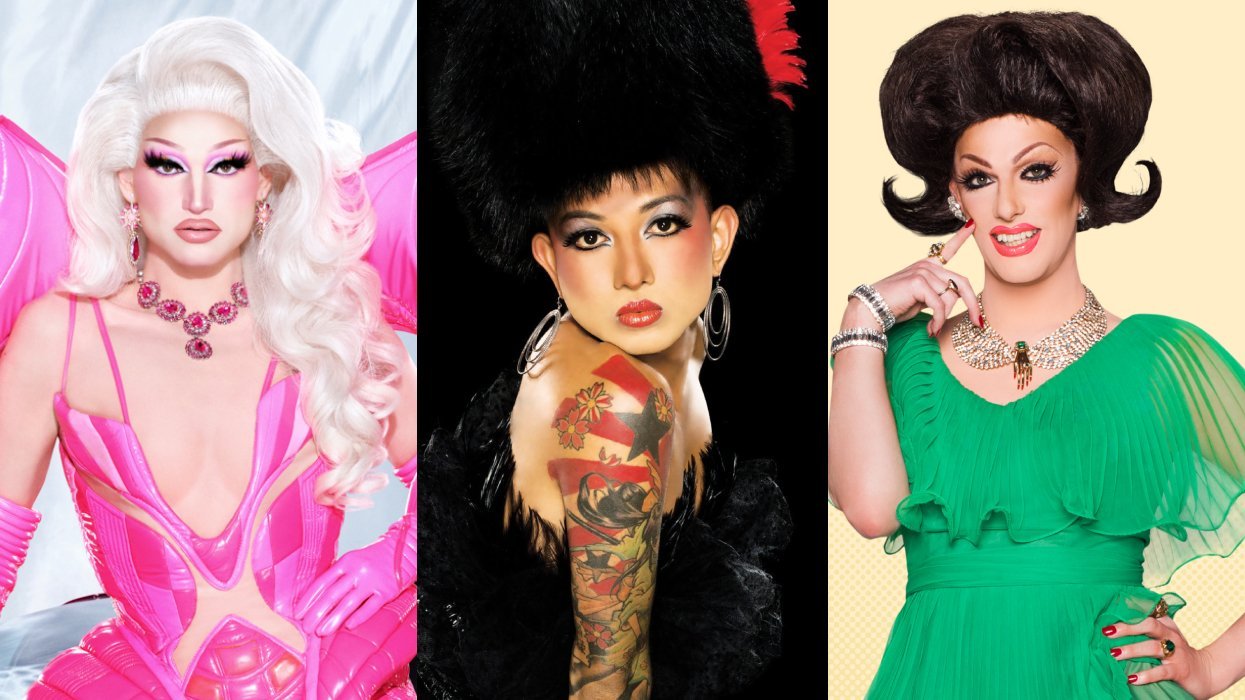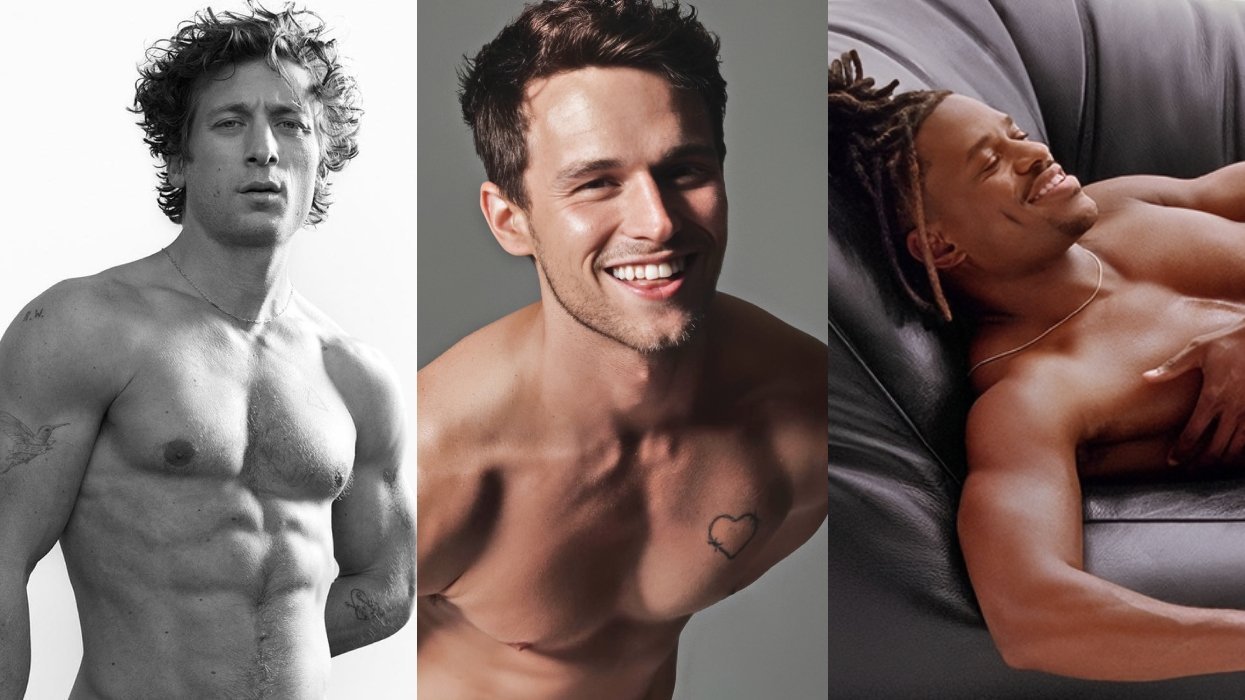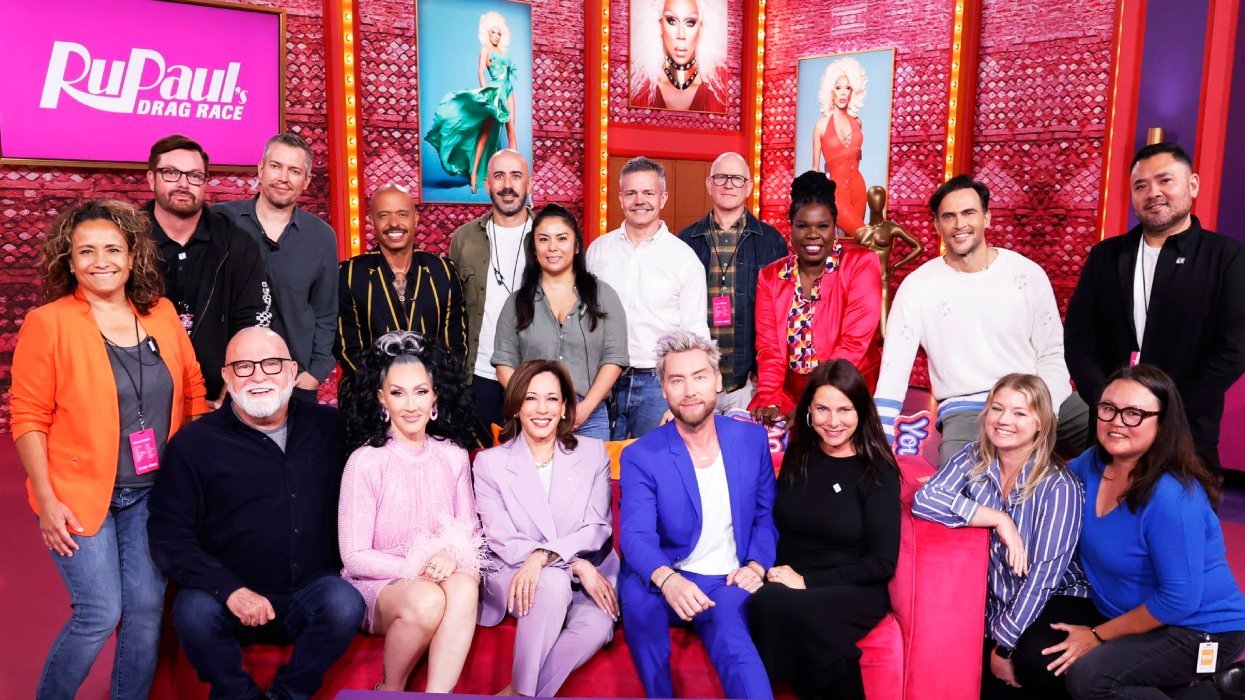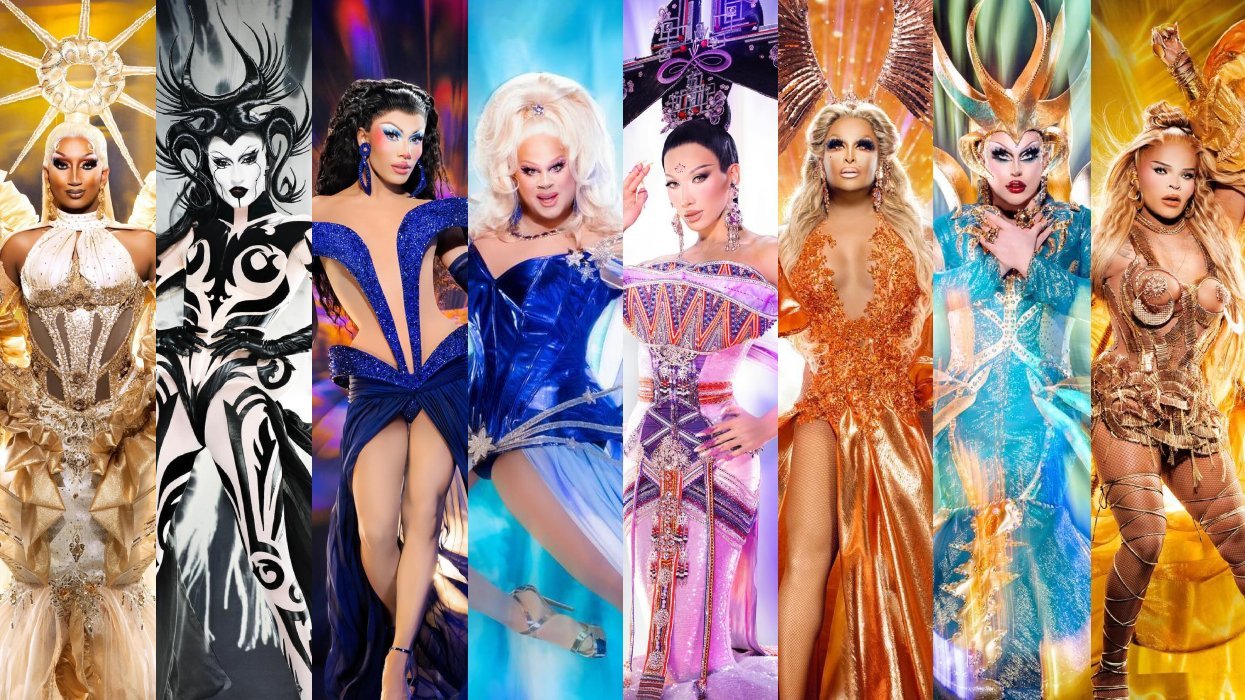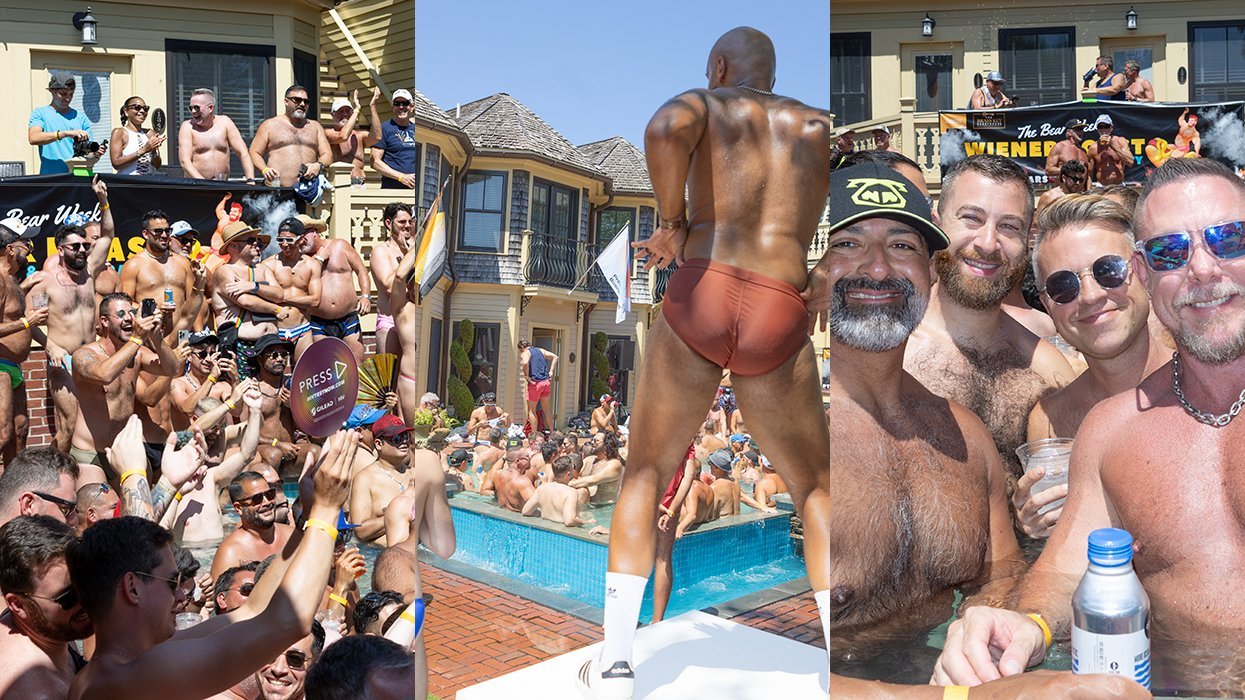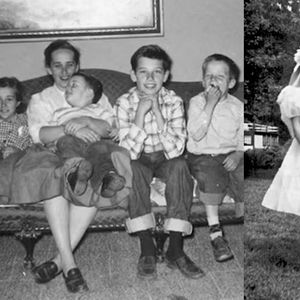Lesbian, gay, and bisexual Canadians are nearly three times more likely than heterosexuals to experience sexual or physical assault, according to newly released data from Statistics Canada.
Among members of sexual minority groups -- including LGB people and those who otherwise identify as nonheterosexual -- 11 percent reported experiencing such an assault in the previous 12 months, compared to 4 percent of heterosexuals, the report states. The survey was taken in 2018 and the report released Wednesday.
Fifty-nine percent of sexual minority Canadians reported having been assaulted at some point since age 15, while only 37 percent of heterosexuals did. The percentages were the same for transgender versus cisgender respondents. The report did not include assaults on trans people in the previous 12 months because of the small number of trans people surveyed. The statistics did not reflect intimate partner violence.
Qeer people were less likely than straights to report their assaults to police; the sample of trans people was not large enough to determine this. In general, however, "these results show that police services should continue to encourage reporting of victimization by sexual minority community, both in order to facilitate accurate reporting and to allow for the continued provision of services to this population," the report notes.
Explaining why Statistics Canada separated data on trans people from that on LGBQ people, the report notes, "It is important to recognize that the gender identity of transgender people is distinct from their sexual orientation. While many transgender people are also a sexual minority ... a transgender person faces a unique set of gender-based challenges in their day-to-day lives."
LGBTQ+ people were also more likely than straight or cisgender people to be subjected to unwanted sexual behaviors, such as inappropriate jokes at work or comments in public. Fifty-seven percent of LGBQ+ people reported being on the receiving end of such behaviors in public, 37 percent online, and 44 percent at work, while the respective percentages for straights were 22 percent in public, 15 percent online, and 22 percent at work.
Among trans people, 58 percent said they had experienced such behaviors in public, 42 percent online, and 69 percent at work. The percentages for cisgender people were 23 percent in public, 16 percent online, and 23 percent at work. These inappropriate work behaviors included "unwanted physical contact and suggestions that they do not act like a man or woman is supposed to act," according to the report.
Both LGBQ and trans respondents reported higher incidence of mental health problems, drug and alcohol use as a coping mechanism, and suicidal thoughts than straight or cisgender respondents. This is "an indication that more preventative strategies, mental health supports and services should be put in place for these groups," the report states.
Read the full analysis here.












